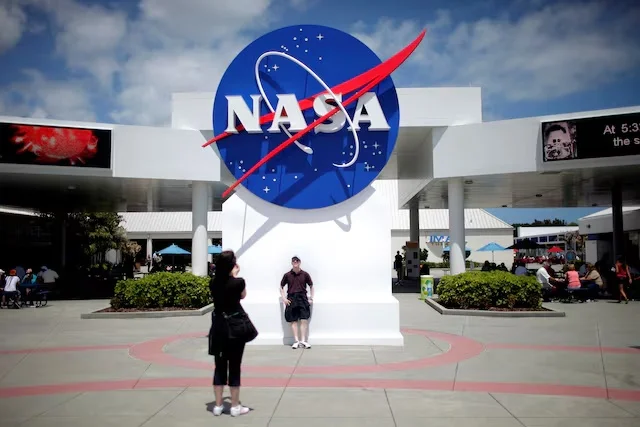On September 5, 2025, NASA barred Chinese nationals with valid US visas from accessing its facilities, systems, and networks.
This decision affects contractors and students contributing to research, effectively halting their work at the renowned space agency.
Security Concerns Cited
NASA confirmed the restrictions, stating they aim to protect the agency’s work.
“We’ve restricted Chinese nationals’ access to ensure the security of our facilities, materials, and networks,” a NASA spokesperson said.
The move follows heightened US concerns about China’s advancing space program.
Impact on Chinese Researchers
The ban abruptly blocked Chinese nationals from NASA’s data systems and meetings, both in-person and virtual.
Affected individuals, previously involved in research projects, now face exclusion from critical collaborations, disrupting their contributions to space science.
US-China Space Rivalry Intensifies
The decision reflects growing tensions in the US-China space race. Key points include:
- China’s exclusion from the International Space Station due to US restrictions.
- Both nations compete to land crews on the Moon, with China aiming to outpace the US.
- The Moon holds valuable resources like rare earths, iron, titanium, and helium, critical for technology and medical equipment.
Broader Context
US suspicions have limited scientific collaboration with China, citing national security. Chinese students in science and tech fields face visa restrictions and scrutiny over alleged espionage.
NASA’s acting administrator, Sean Duffy, emphasized the competitive stakes: “China wants to reach the Moon first. We won’t let that happen.”
Why It Matters
NASA’s ban highlights the escalating US-China rivalry in space exploration. It raises concerns about the future of global scientific cooperation and the ability to share resources for humanity’s benefit.
The race for lunar dominance underscores strategic and economic interests, with significant implications for technology and geopolitics.






